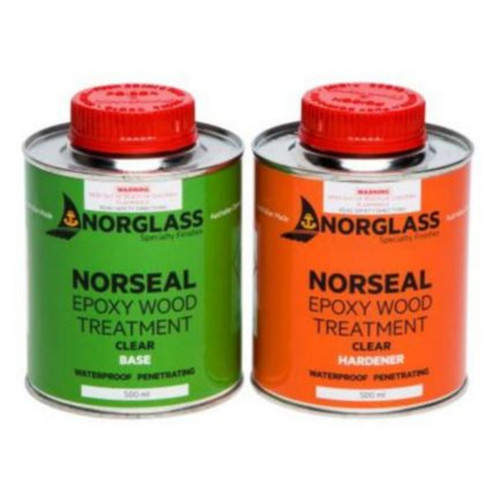Description
ProPower Waste Tank Treatment 500ml
Chemical based disinfectants have long been the gold standard when it comes to cleaning, odour removal and waste management. Over time we have learnt of the major drawbacks associated with these types of products and we are now entering a new age of cleaning. Recent developments in microbiology and in the way we understand micro ecosystems have meant that probiotic cleaners are quickly becoming a far better solution both in terms of efficacy and environmental impact.
Bacteria...Are they all bad?
Not all bacteria are disease causing. In fact, less than 1% of all bacteria can make us sick. The remaining 99% exist happily in the environment either providing essential nutrients to their environment or living symbiotically in small communities nourishing each other.
Probiotic bacteria are microorganisms which are considered beneficial for our health. They can be found in many food products such as yogurt and can aid in maintaining a clean and healthy digestive system. They do this by taking up residence in our digestive tracts and competing for space with bad bacteria. This limits the area for bad bacteria to live and multiply.
Just as probiotic bacteria can help clean our digestive system, they are also proficient in cleaning and deodorising our environments. Bacteria have been natures clean team for billions of years, so it seems only logical to use them to keep our daily environments healthy and safe.
What separates ProPower from the rest?
What separates ProPower from other probiotic cleaning agents, is that it is based on Quorum Sensing Technology (QST). Quorum sensing at its most basic level can be described as a regulatory process over gene expression in response to cell-population density. To put it simply, bacteria can't visualise their environment like we do, so in order to detect how many neighbouring cells they have, each cell releases signal molecules. Based on the concentration of these signal molecules in the micro-environment outside of cells, the bacteria can detect how many neighbours each has and if these neighbours are of the same species. Once a specific concentration of signal molecules has been achieved (known as a quorum) the bacteria start manufacturing different enzymes and proteins which can have a significant impact on their environment and their neighbouring cells.







